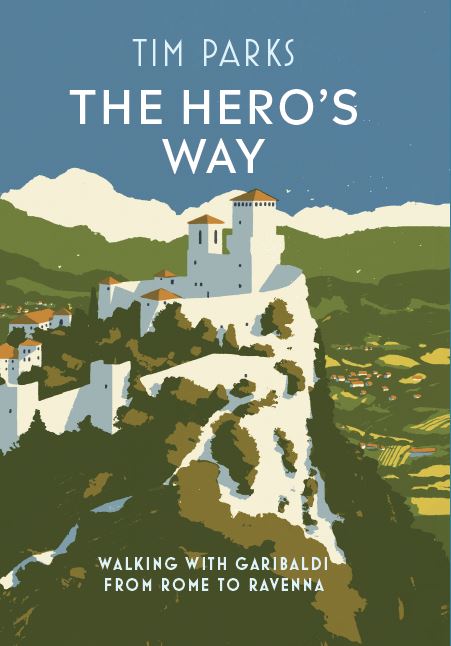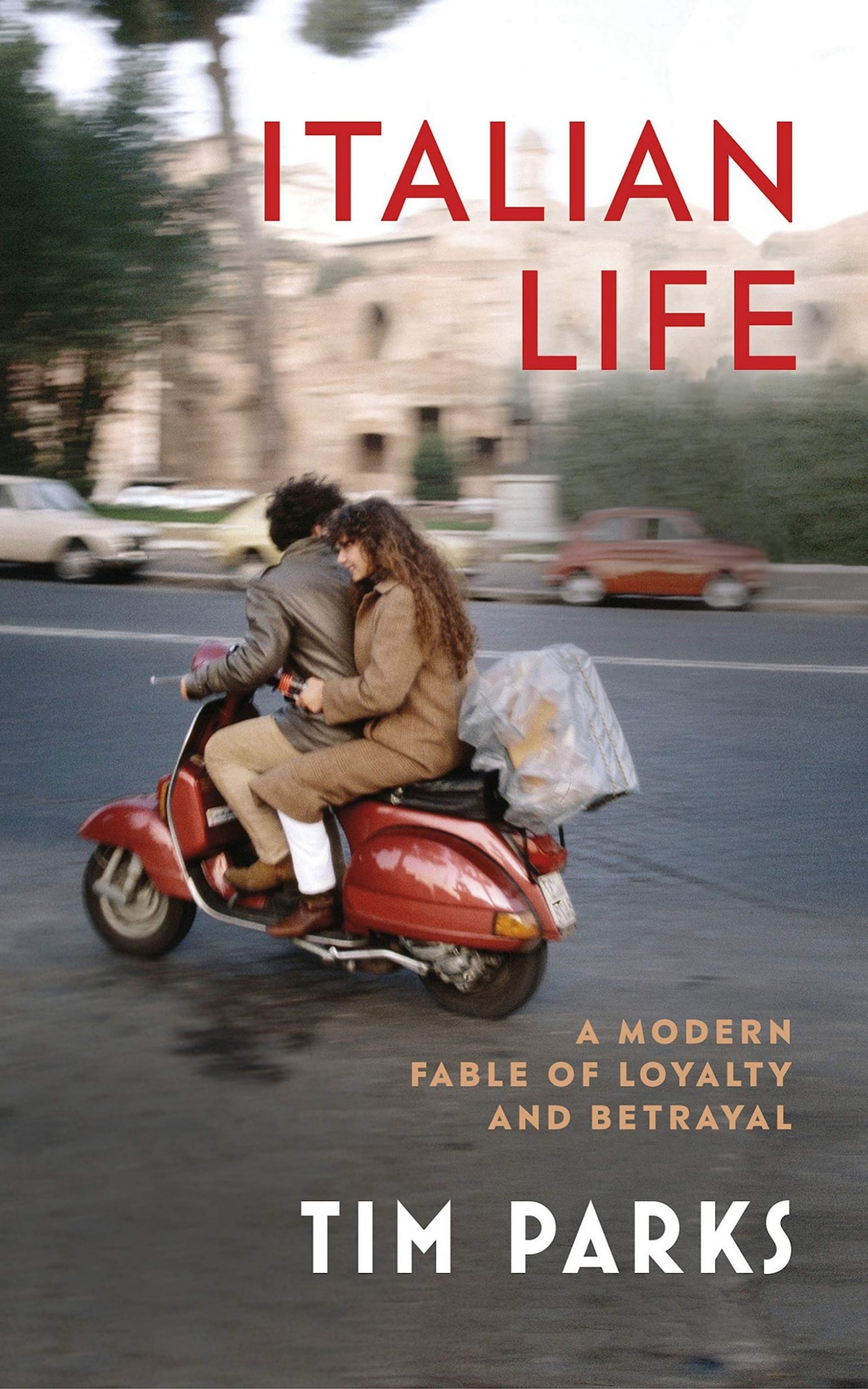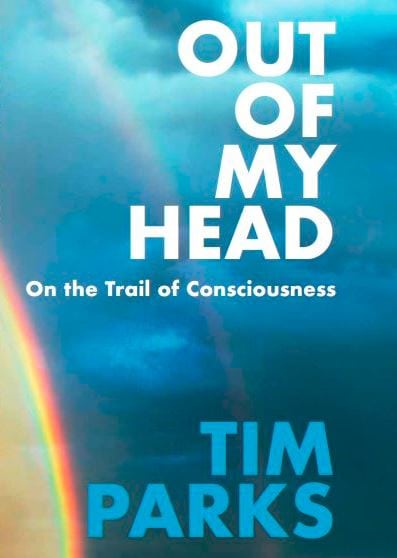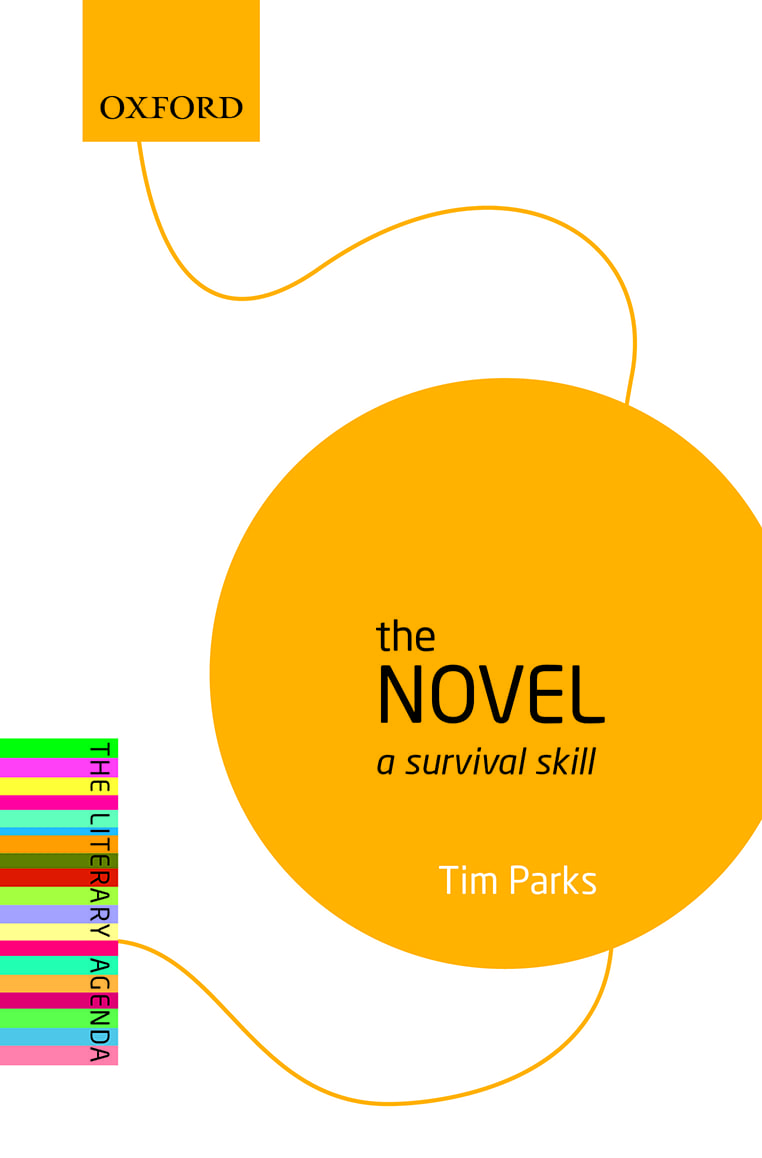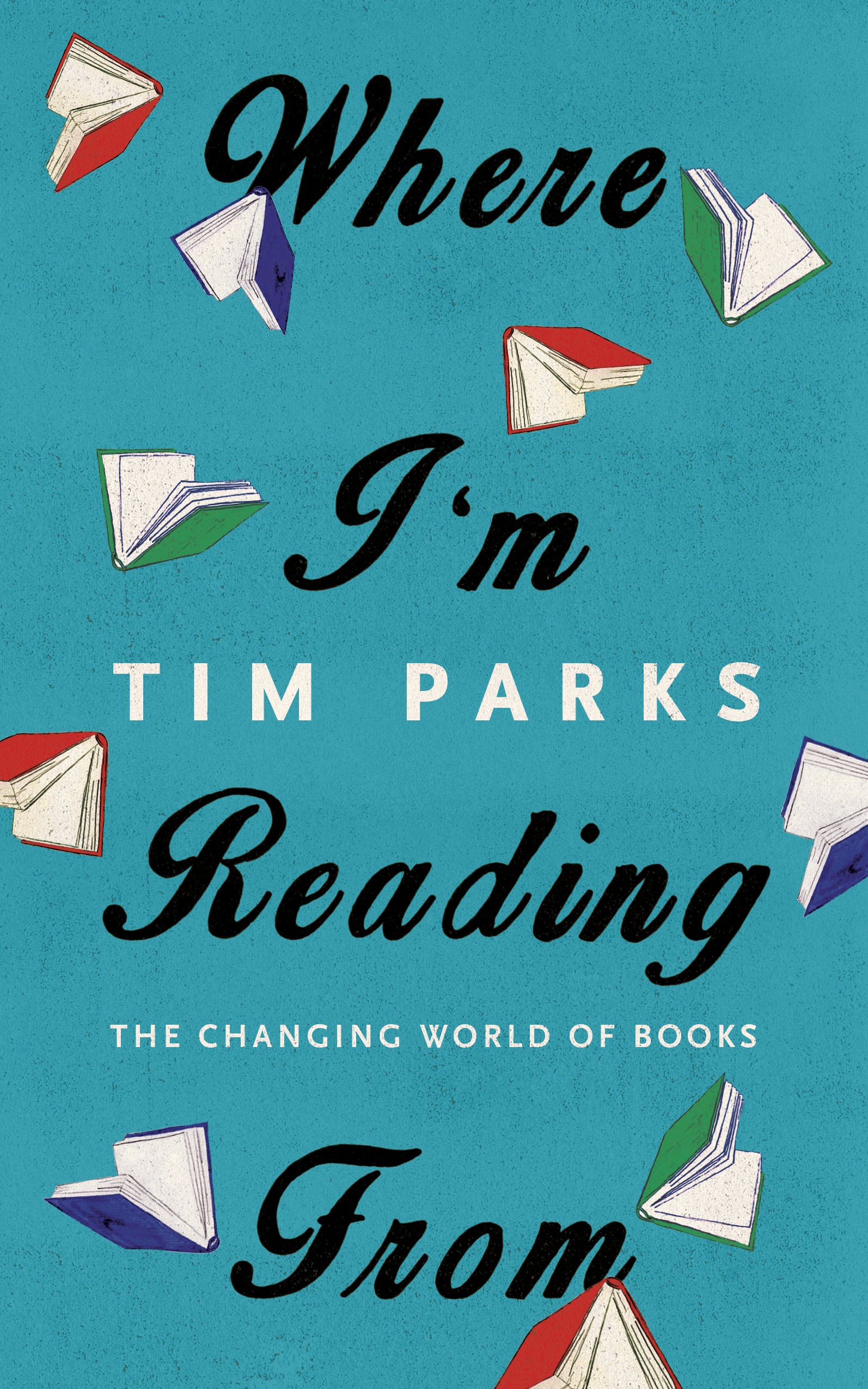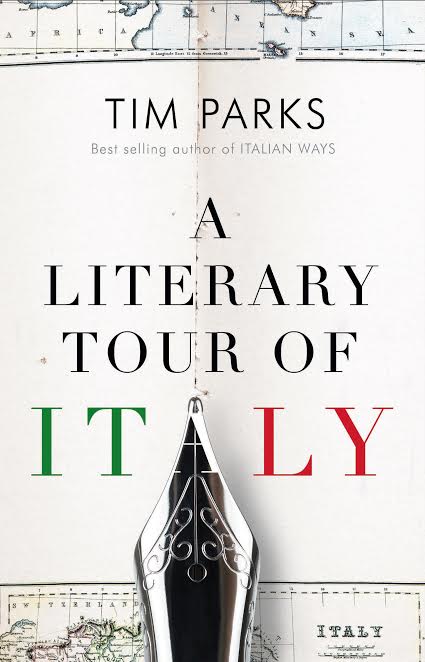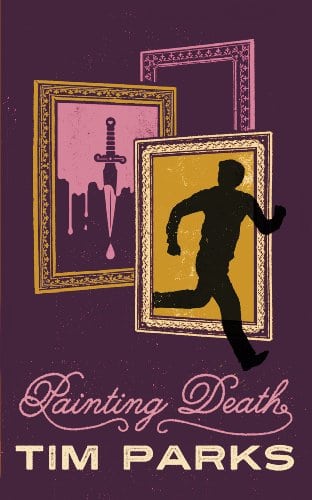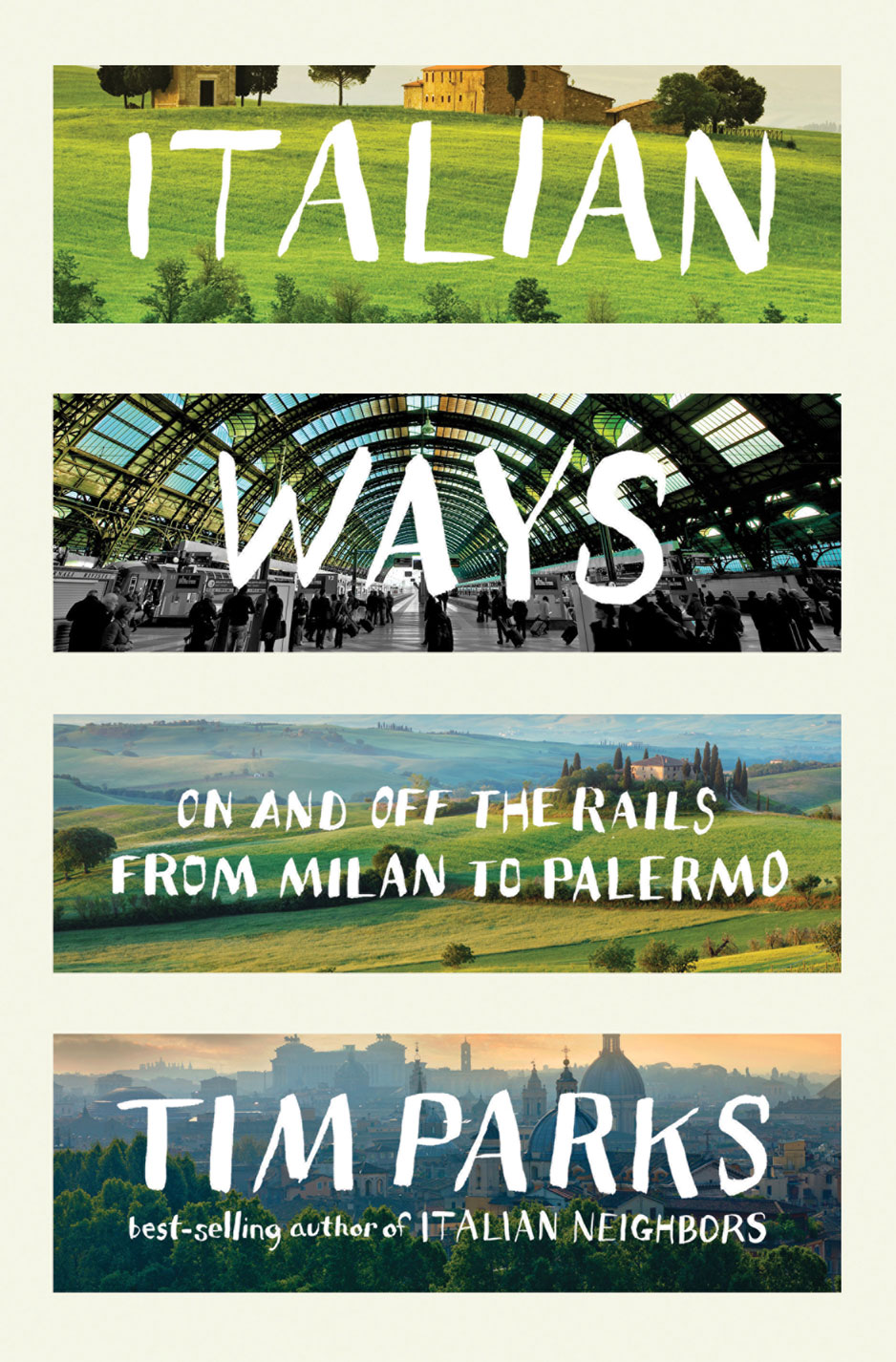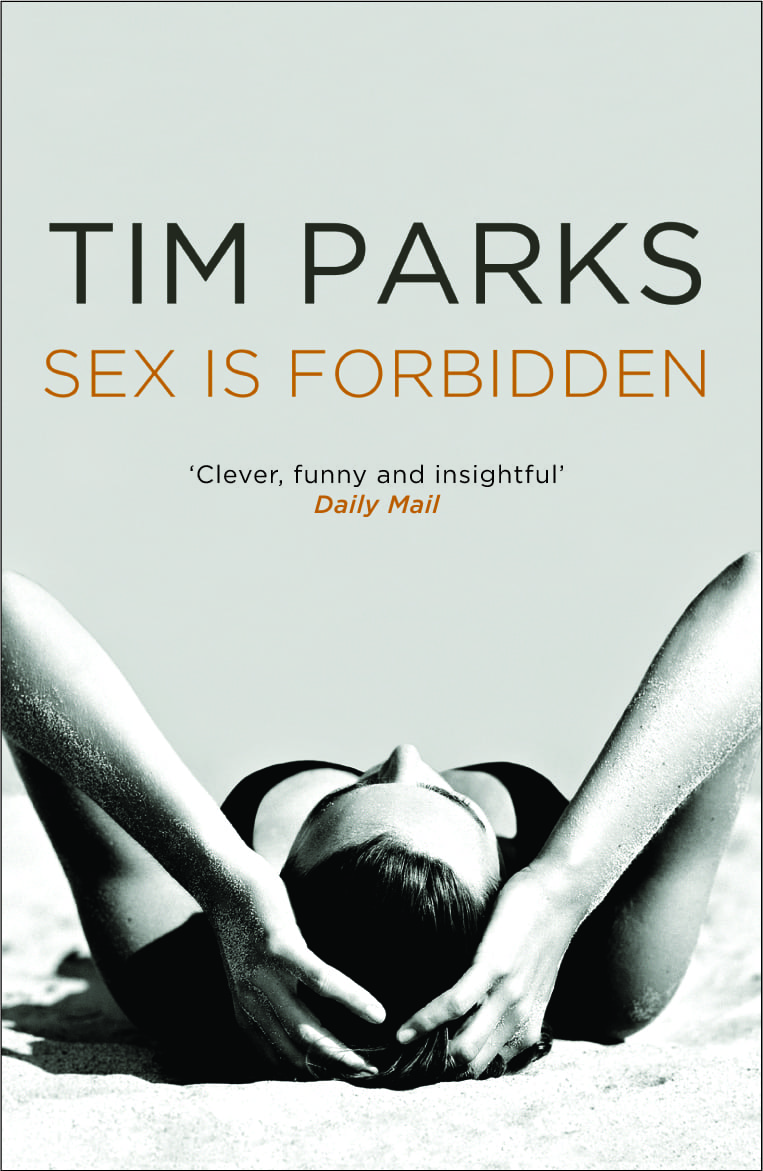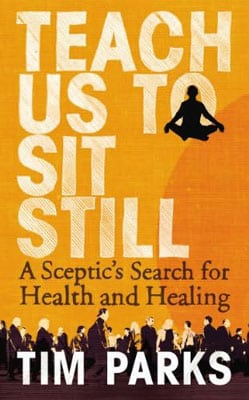He cuts a figure.
The elegant black overcoat and broad brimmed hat are carried with a determinedly upright gait. At 75 his hair is long and wavy, the beard natty, the eyes bright. He is a remarkable writer. His books are translated into more or less all the languages people read literature in, except, alas, English. His name is Joseph Zoderer, and he is Italian.
Or maybe not.
In a novel called The Turtle Party a young man in a bus crossing Mexico is chatting up a Spanish woman. Eventually she asks him why he is speaking in Italian. It’s clearly not his native tongue. Zoderer’s young alter ego hesitates. “He didn’t want to explain; speaking one language and belonging to another country had constantly obliged him to choose between giving a history lesson or arousing suspicion.”
Sitting in front of a big log fire, I tell Zoderer: “You’ll have to give us that history lesson. Otherwise people won’t understand why we’re speaking Italian.”
Zoderer’s writing is a marvel of economy, a finely paced mix of imagery, narrative and dialogue; but the monologue he now delivers goes on for some twenty minutes. “Joseph talks,” his wife warned me immediately before the interview, “and talks.” Here is a brutally brief summary.
In 1915 France and England convinced Italy to attack its then ally Austria. In return, Italy would be given all Austrian territory south of the Brenner Pass. This included the South Tyrol, a mountainous area of 7400 square kilometres whose population of a quarter of a million at the time were 90% German-speaking. Zoderer’s father, who fought for the Austrians in trenches hacked from ice and stone at 6000 feet and more, thus returned to his home town of Meran to an Italian occupation.
A few years later Mussolini decided that the area had to be “italianized”. So: no official German language use, no German schools, no German newspapers, no German place names, and above all, thousands of southern Italian immigrants to run Italian factories.
In such circumstances, the Tyrolese could be forgiven in the 1930s for hoping to be gathered into Hitler’s greater Germany. But needing Mussolini as an ally, Hitler proposed a different solution: the South Tyrol Germans must choose between staying put and becoming entirely Italian or opting for Germany and settling in a new Heimat to be conquered for them by the Third Reich. Re¬markably, over eighty percent chose to abandon their beautiful mountain homeland, including Zoderer’s father.
This was 1939. “I was four,” Zoderer explains. “As soon as we arrived, in Graz needless to say, the promised Heimat never materialised my father kept moaning Ich hab einen Bock geschossen, I’ve shot a fawn.” This is a Tyrolese expression that means: I’ve made the great and irremediable cock-up of my life.
“But I was happy in Graz,” Zoderer says. “I became a city boy, spoke the Graz dialect, was happy playing in the rubble of Allied bombardments. When I was at home, though – a single room for the eight of us – all I heard was what a mistake it had been to leave Meran. That was the real Heimat. It was paradise. It was the south. It smelt of apples and wine.”
Thus began the sense of dislocation that tenses all Zoderer’s writing. Whatever place a Zoderer hero is travelling to, he is thinking of another place. Whatever woman he is with, he is thinking of another woman. He speaks in one language and thinks in another.
“Your characters are torn.”
Zoderer chucks another log on the fire, offers me a schnapps.
“I like people with contrasts.”
“They sound more like contradictions to me.”
My Italian could be better, he says slyly.
His first published novel covers the period of his adolescence. A brilliant student – Zoderer is candid about his genius – at twelve years old he was offered a scholarship to study in a Swiss college for would-be priests. The Happiness of Washing Your Hands is both a seductive account of alienated boyhood and a disturbing analysis of the totalitarian community’s destruction of the individual. “What could be more totalitarian than a religious community? You get up at five every morning to pray. You are constantly invited to analyse your sins with your confessor. You can’t read or no anything they don’t want you to.”
In the end Zoderer was thrown out of school because, “ I was seen hanging around a girl in a nearby village. It was only a crush!” He re-joined his family, who had now returned to Meran, and won a scholarship at the best college in town, only to be expelled again, this time for dancing with girls in a local fete. “Just dancing!” After school, he became a precociously successful journalist in Vienna, covering the trials of Tyrolese terrorists who in the 60s tried to bomb their way to self determination.
But while writing for conservative papers he was also working for left-wing organisations, leafleting factories, joining demonstrations. “Why I wasn’t fired, I don’t know.” He married young and encouraged his wife to accept an open marriage. When the pleasures thus discovered led her to leave him, he took time out in the States, working at anything he could find: a short-order cook, a floor-cleaner.
“And always there was this problem of my nationality, my identity. Abroad, you present yourself as Italian, because then everybody likes you. You don’t want to say you’re German. You’re Italian? Yes. They hug you, they buy you a drink. Then some Sri Lankan who worked two years in Genoa wants to know why you can’t speak Italian as well as he can. Finally, I thought, enough, I want a Heimat, a place where I don’t need to explain myself.”
Zoderer returned to the Tyrol, re-married and bought a farmhouse in the tiny village of Terenten at 4000 feet, which is where, thirty years later, I find him today. It is an absolutely traditional Tyrolese home with moss between the planks for insulation, wooden roof tiles, fruit trees, a horse trough, and, in the parlour, the inevitable, massive stove with a pine-plank bed on top.
“But I don’t write at home,” he is quick to explain. No, to write Zoderer has to go away. “I seek a state of alienation, a situation where I am a foreigner. I take a room in a cheap hotel – Naples, Trieste, Agrigento – and start to write.” What Zoderer is working on now is a novel about an older man who goes to Lisbon. “Every love he’s had, this guy spoke romantically of running away to Lisbon and now, without a woman, he goes to Lisbon to reflect on it all.” Obviously Zoderer went to Lisbon to write it, “though it’s not about Lisbon of course.”
“I get up at five to write.” He’s proud of this. There is a monastic dedication to his work, as if he were still in college with the priests in Switzerland, yet what he is writing is full of sensuality and transgression. Is he confessing? “No! The work is absolutely not autobiographical!” Then, paradoxically, he sighs, “What can I tell you about myself when you have already read my books?”
That should kill the conversation, but Zoderer is in full swing: “My work is made of suffering,” he tells me. “I’m an old-fashioned romantic. My vision is a tragic one. One must suffer deeply and for long periods to be able to appreciate a moment of real happiness. Knowledge comes only through suffering.”
Let’s go out to dinner, I propose.
He takes me to a restaurant in Bruneck miraculously free of the usual South Tyrol kitsch, the stags’ heads and stuffed eagles. The thing he really loves in Terenten, he tells me, is long walks. Does he find relief from internal strife in the landscape? No, he is training himself to accept death, “We are part of nature. You must contemplate your return to it.” He finds himself caressing the bark of trees, the leaves, the rocks. Judging by his appetite, his eye for the pretty waitress, Zoderer still has some training to do in this department.
When we step out into the winter night the temperature has fallen way below zero. The pavement is icy. Around and above us the mountains loom. “I talk too much,” Zoderer says quietly. “All day I’m silent, writing, then I see someone and talk too much, and then I spend half the night tormenting myself over what I’ve said, and only towards dawn maybe it occurs to me what I should have said. Then I get up at five, to write.”
Would that my German were good enough to translate him into English.



